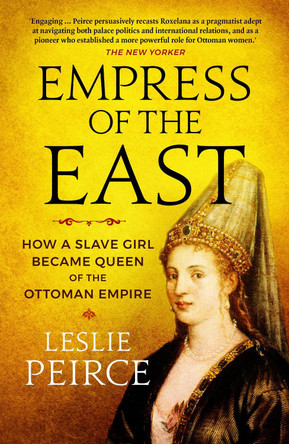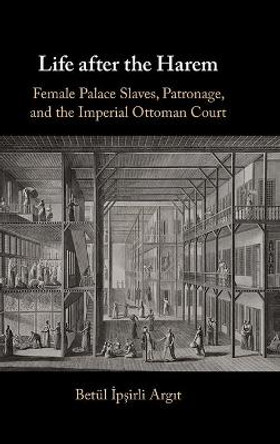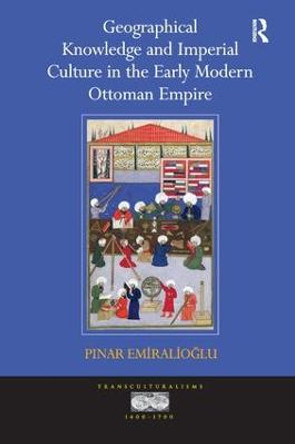The unprecedented political power of the Ottoman imperial harem in the sixteenth and seventeenth centuries is widely viewed as illegitimate and corrupting. This book examines the sources of royal women's power and assesses the reactions of contemporaries, which ranged from loyal devotion to armed opposition. By examining political action in the context of household networks, Leslie Peirce demonstrates that female power was a logical, indeed an intended, consequence of political structures. Royal women were custodians of sovereign power, training their sons in its use and exercising it directly as regents when necessary. Furthermore, they played central roles in the public culture of sovereignty--royal ceremonial, monumental building, and patronage of artistic production. The Imperial Harem argues that the exercise of political power was tied to definitions of sexuality. Within the dynasty, the hierarchy of female power, like the hierarchy of male power, reflected the broader society's concern for social control of the sexually active.
About the AuthorLeslie P. Peirce is Professor of History and Near Eastern Studies, University of California, Berkeley.
ReviewsIt is a well-informed, scholarly study which owes little to the contemporary Ottoman political theory which normally dominates the historiography of this period, and a good deal to sociological insight. Although much of Peirce's material and many of her individual points are not in themselves new, her overall approach is. The book is striking and refreshing for its consistent and detailed re-interpretation of a very large subject, examining the nature of Ottoman sovereignty in terms of the dynastic family as a whole rather than merely of the sultan who was its figurehead. * Christine Woodhead, University of Durham, EHR, June 96 *
Book InformationISBN 9780195086775
Author Leslie P. PeirceFormat Paperback
Page Count 400
Imprint Oxford University Press IncPublisher Oxford University Press Inc
Weight(grams) 549g
Dimensions(mm) 234mm * 156mm * 18mm









